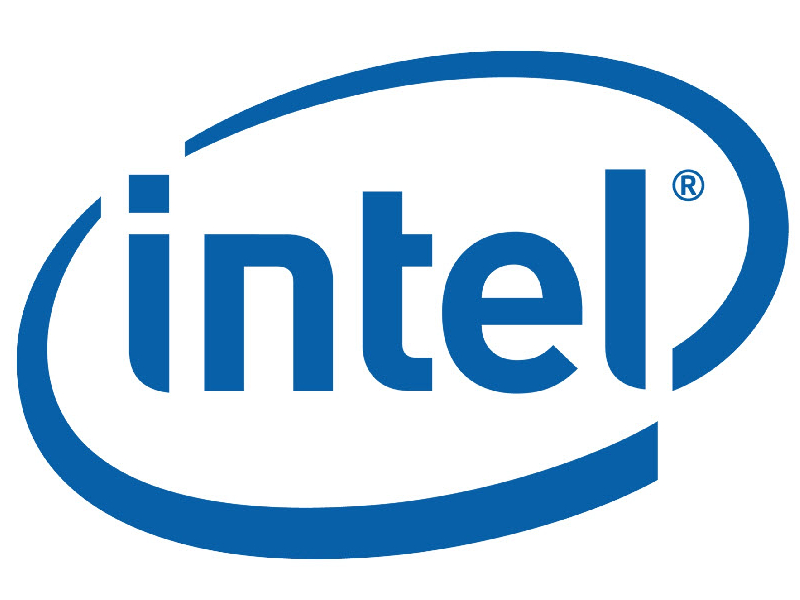Intel Still Talking About Sub-$300 Laptops for 2H 2013
Intel's Bay Trail platform will provide cheap yet powerful devices priced $400 and below.
After Intel reported its second-quarter 2013 results on Wednesday, CEO Brian Krzanich said during a conference call with financial analysts that the company plans to double-down on its efforts to produce Atom chips for mobile products. That means making Atom an equal partner with its mainstream PC processors, thus pushing Atom into sub-$400 convertibles, into sub-$300 clamshell laptops and into $150 tablets.
The new commitment arrives as Intel struggles to catch up in a mobile market presently dominated by ARM-based chips from Qualcomm, Nvidia and many others. He admitted that Intel was slow to respond to the ultra-mobile PC trend, and the results of that can be seen in the current market dynamics. Even more, the traditional PC market is down from Intel's expectations at the beginning of the year, yet ultra-mobile devices like tablets and smartphones are actually up, he said.
The first major new Atom product to be launched under Krzanich's helm will be the "Bay Trail" platform sporting the 22 nm "Valleyview" Atom chip. Based on a leaked slide, the company will reportedly launch the Atom Z-series SoCs (with a target TDP of 3W) for Bay Trail-T platforms designed for tablets between August 28 and September 13 of this year. Intel also plans to launch Bay Trail-M (4W to 6.5W) for notebooks and Bay Trail-D (12W) for desktops.
"What [the Bay Trail platform] really does is allows us to get into these markets that we are not in, in a big way today," he told analysts. "[There will be] tablets [at] $199 and below, some you are going to see even lower, below $150 and much below that as we go through the holiday season. So, Bay Trail, really first and foremost we believe gives solid performance, solid battery life relative to the competition in price points and markets that were simply not in, in a big way today."
Moving forward, Intel's main focus will be serving up Haswell processors to the desktop and Ultrabook markets, Valleyview Atom chips on the Bay Trail platform for lower-end laptops and tablets, and Xeon server chips for enterprise. The first quad-core Haswell processors are making their way into systems now, he said, and systems with dual-core versions will be shipped in the second half of 2013. Fanless Haswell chips will enable powerful yet slim form factors, he added.
As for Bay Trail devices, chips supporting the platform will replace Celeron in base-level PCs, cheaper laptops and tablets. And although Bay Trail will enable touch-enabled PCs under $400, he assured analysts that there would be no cross-platform cannibalization in the foreseeable future. “We don’t believe [Bay Trail] will be cannibalistic," he added.
The first SoC for Bay Trail, Valleyview, will supposedly feature up to four "Silvermont" 22 nm cores clocked between 1.2 GHz and 2.4 GHz. Each core will also have 512 KB of L2 cache for a total of 2 MB in a quad-core configuration. Other features will include four integrated Gen7 graphics engines, an integrated Imagination Technology VXD392 decode engine, support for hardware accelerated 1080p60 video decode and so on.
Get Tom's Hardware's best news and in-depth reviews, straight to your inbox.

Kevin Parrish has over a decade of experience as a writer, editor, and product tester. His work focused on computer hardware, networking equipment, smartphones, tablets, gaming consoles, and other internet-connected devices. His work has appeared in Tom's Hardware, Tom's Guide, Maximum PC, Digital Trends, Android Authority, How-To Geek, Lifewire, and others.
-
halcyon A lot of people associate the Atom brand with poor performance, and rightfully so. Perhaps Intel should lay that brand to rest.Reply -
tomfreak they should stop adding cores, the main problem with atom is single threaded performance.Reply -
BringMeAnother The problem with the AMD assertion is that I just don't see any tablets with the new AMD Temash chips coming our way except that lone Gigabyte S10A. Bay Trail on the other hand has been constantly on a the news and it looks very possible that non vaporwares might come out of it.Reply -
samwelaye "designed for tablets between August 28 and September 13 of this year"Reply
YES. Hopefully there will be a compelling tablet/convertible with these chips before school starts at the end of september. Nothing out yet with Kabini, and the current atom is simply too slow
